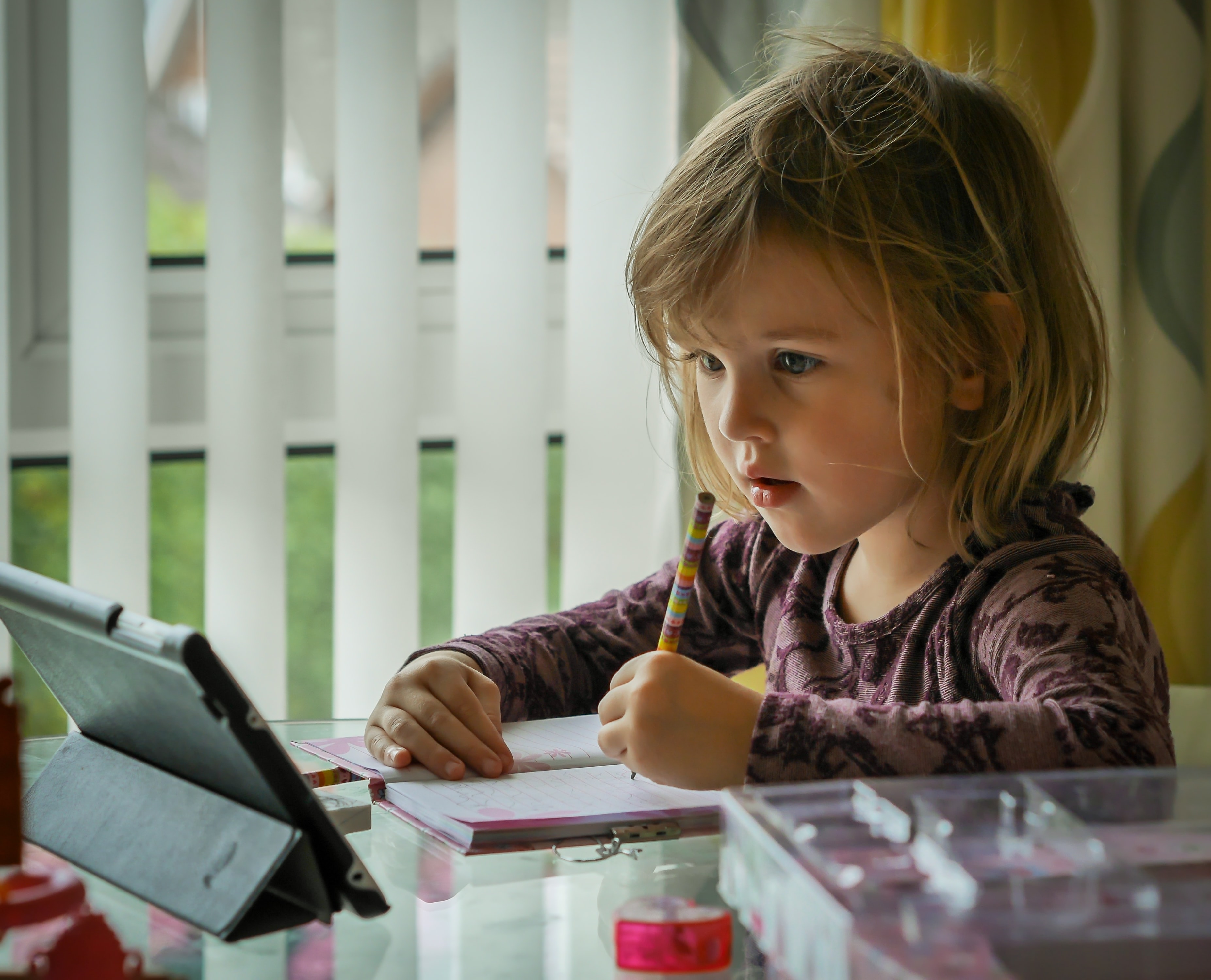
My daughter has learning challenges and is not gifted to grasp her studies as fast and effectively as I would want. My encouragement and pushing for her to perform better in class did not do any good either. I noticed that she was losing her confidence and she would occasionally break down while I was talking to her. I also noticed that her self-esteem was waning away and I decided to act fast to help her. This made me rethink my strategy and look for a better way to help her. I had to start by helping her gain high self-esteem.
But why is self-esteem so important especially for kids with learning issues? Positive self-esteem makes children value themselves and believe that their existence is important. It determines a child’s capability and performance in all areas of their lives. Children with learning issues need to cultivate high self-esteem so that they can be able to stand for themselves and ask for help because they believe they deserve it. When they are sure and confident about who they are, they are able to handle their learning challenges better.
Why is High Self-esteem Important for Kids?
High self-esteem in children is beneficial in the following ways:
- Kids with high self-esteem feel valued and respected
- They have confidence and act independently
- They are focused and they don’t shy away from their mistakes
- They take responsibility for their decisions and actions,
- They have control over events and what is happening in their lives
- They are comfortable in forming relationships
- They have their own values which they believe in and can make good decisions even under peer pressure.
How to Develop Self-esteem in Children
Success is one of the major ways to boost self-esteem in children. Accomplishments they made earlier show them that they can succeed in any new challenge or task facing them. The fact that they are capable of being successful makes them feel good about themselves.
Previous Achievement
One major way to develop self-esteem in children is to remind them of their previous achievements. Remind them how they were able to achieve that accomplishment despite the challenges she might have faced. Children tend to develop high self-esteem once they experience repeated achievements and successes. By showing them what they were able to accomplish before, they understand that they have what it takes to face new challenges.
Allow Them to Take Risks
As parents, we have natural instincts to protect our children. However, if you want to build high self-esteem in your children, you must learn to stand back and let your children take healthy risks. Let them make choices and take responsibility for them. This way, they build their confidence and self-esteem.
Do Not Compare Your Children
Each child is unique and has a unique personality and character. If you have more than one child, you will bear witness that all children are not the same. They have unique capabilities, qualities, and behavior. Appreciate each child’s individuality and gifts and encourage them to be their best selves. Comparing children will lead to low self-esteem especially if one is perceived to be better than the other.
Learning Issues and Self-Esteem
Children with learning issues often experience inconsistencies which lead to low self-esteem. Developing and maintaining high self-esteem for these children is difficult. They experience both successes and failures and, in most cases, they find it difficult to handle their failure, especially if it will lead to sneering or cruel jokes from their peers. This leads children with learning issues to have increased uncertainty of their own capabilities. This makes it difficult for them to handle difficult situations.
It becomes difficult if they are getting negative feedback from adults who are supposed to encourage and help them. This leads to mistrust and at times, fear. However, building self-esteem in such children is possible and they can be helped to improve how they value themselves. As a parent to such a child, it is important to be both supportive and realistic. Acknowledge your child’s effort and praise them when they have made efforts and succeeded in something.
Help your child find friends who accept, value, and support them for who they are. Help them discover and build upon their strengths and empower them to handle the challenges that come their way.
Conclusion
Building self-esteem starts from an early age and it builds confidence and productivity in children. Give your children choices and let them take responsibility for each choice they make to empower them. Praise them when they are right and correct them gently when they are wrong. Children with learning issues need more attention and understanding. Empowering them to stand up for themselves and face any hurdles that come their way is a great way to help them build their self-esteem.

